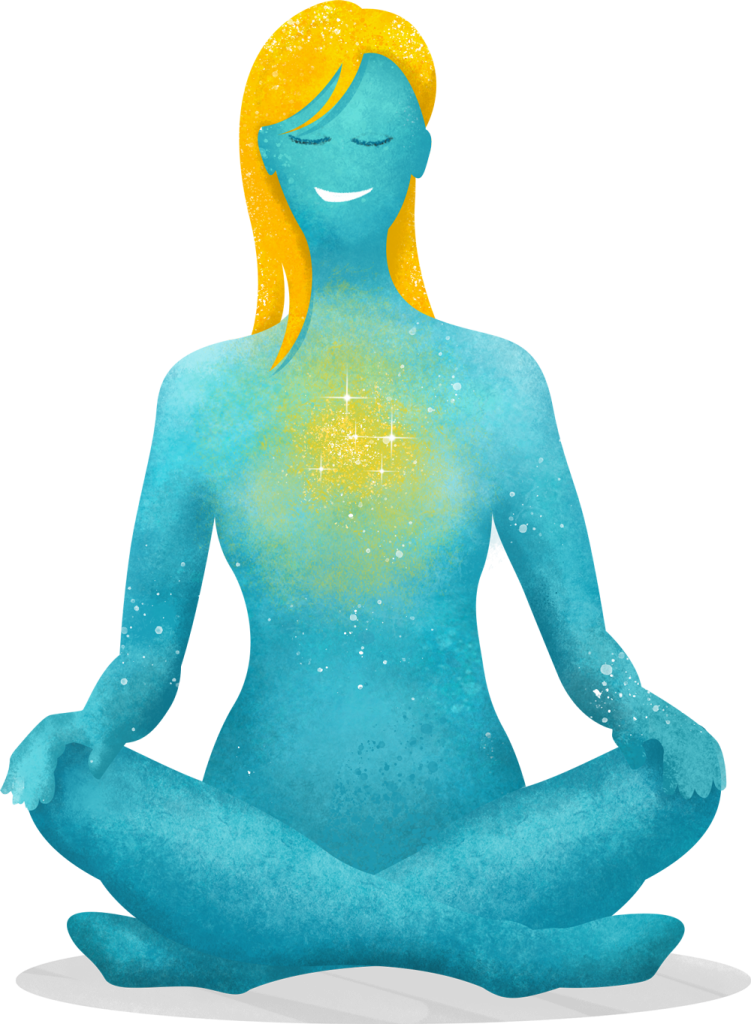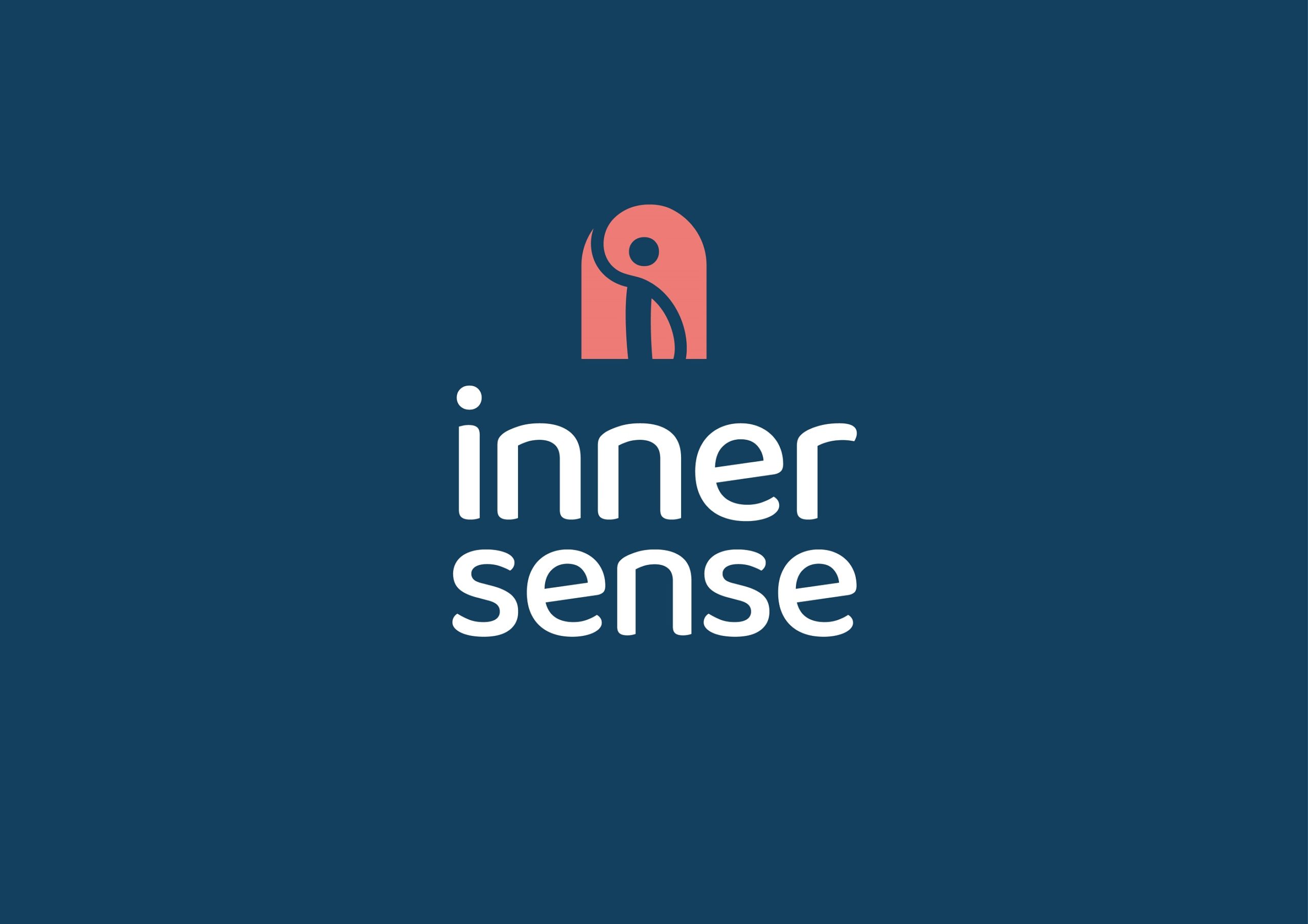Article overview:
- A strong set of beliefs about health can be helpful – although, as you may have seen recently, they can also lead to blame and division.
- We don’t have all the answers about what makes one person more susceptible to Covid-19 than the next.
- There are plenty of reliable lifestyle habits you can employ to keep your immune system in check. These include optimising your exposure to daylight, eating a wholesome diet and staying physically and emotionally resilient.
Stare into the abyss of a disease for too long and your own ideology will stare back at you.
Dr Alan Levinovitz
I read this quote by Dr Levinovitz a few weeks ago, in an article that calls for us to change how we talk about the causes of our crises. The quote stayed with me as I observed the rising wave of opinions about Covid-19. As my favourite health experts, environmentalists and economists presented their favourite theories and solutions, I witnessed my own ideologies staring back at me.
Levinovitz was is fact paraphrasing the 19th century German philosopher, Friedrich W. Nietzsche, who warned about the possibility of, “turning into the monster” that we are fighting against. During a crisis, a strong set of beliefs can be helpful – a trusty framework that can support us – although, as you may have seen recently, they can also lead to blame and division. At the same time, disruption caused by crises present wonderful opportunities: it becomes easier to view the world from different perspective and they often accelerate our development.
In tomorrow’s article I will take on board Levinovitz’s challenge: to change the way we talk about crises. For today though, let’s focus on what we can do to balance and support our immune system.
Modulation – the key to balancing your immune system
A balanced immune system is vital during all phases of our life. Health advice usually focuses on boosting or strengthening our immune system to fend off disease. Too much strength and brute force can be damaging though.
Diseases such as Covid-19 may end up being fatal not because of the virus itself, but from an overreaction of the body’s immune system to the damage the virus causes. Inflammation that starts in one part of the body (in the lungs for Coronavirus) spreads throughout the body via blood and lymph in devastating amounts.1 This is called a cytokine storm.
As discussed in yesterday article, we don’t have all the answers about the origins of the Coronavirus pandemic, nor do we fully understand what makes one person more susceptible than the next or which new treatments will work best for those who are seriously ill. However, there are plenty of well-established habits you can employ during lockdown to keep your immune system in check and avoid a cytokine storm. These are what I consider to be essential:
1. Balance sunlight and darkness for better sleep
Our natural sleep cycles are regulated by levels of light and dark. Give your bodyclock a helping hand by avoiding exposure to bright light at night given off by electronic devices. Make sure you expose as much skin as possible to sunlight during the middle of the day, whilst avoiding getting burned. 2 Even during self-isolation you can bask next to open windows and doors.
2. Eat real foods
The health of your immune system is directly related to the health of your gut. Feed friendly gut bacteria with a broad range of fresh, wholesome foods and avoid overly-processed foods. This will give a signal to your body that the world around it is abundant, nourishing and safe. If you have a suspicion that particular foods irritate your gut or exacerbate other symptoms, avoid them!
3. Take a break from eating
Avoid eating 2-3 hours before bedtime, then wait a minimum of 12 hours before eating the following day. This will further support your bodyclock, hormone levels and ultimately your immune system.
4. Spice up your movement regime
Short bursts of intense exercise help your body to produce its own medicine cabinet of antioxidants and anti-inflammatories, that help you cope with the normal challenges of day-to-day life. Balance fast intense exercise with purposeful slow forms like yoga to help you wind down and relax.
5. Try mindfulness or breathing exercises
The Chopra Foundation has put together an excellent explanation of how meditation practices lower inflammation and improve immune efficiency. 3
6. Stay emotionally connected to others
We are social creatures and feeling part of a family, team or tribe is vital for regulating your nervous system and maintaining a sense of calm. If you feel compelled to reach out to others during this crisis, consider volunteering. Local community organisations often have better contact with the most vulnerable compared to national schemes.
Follow these habits during the coming weeks and you can rest confident in the knowledge that you are doing the best for yourself and for others in preventing infection.
Till tomorrow, stay vital and stay connected.
Ian



